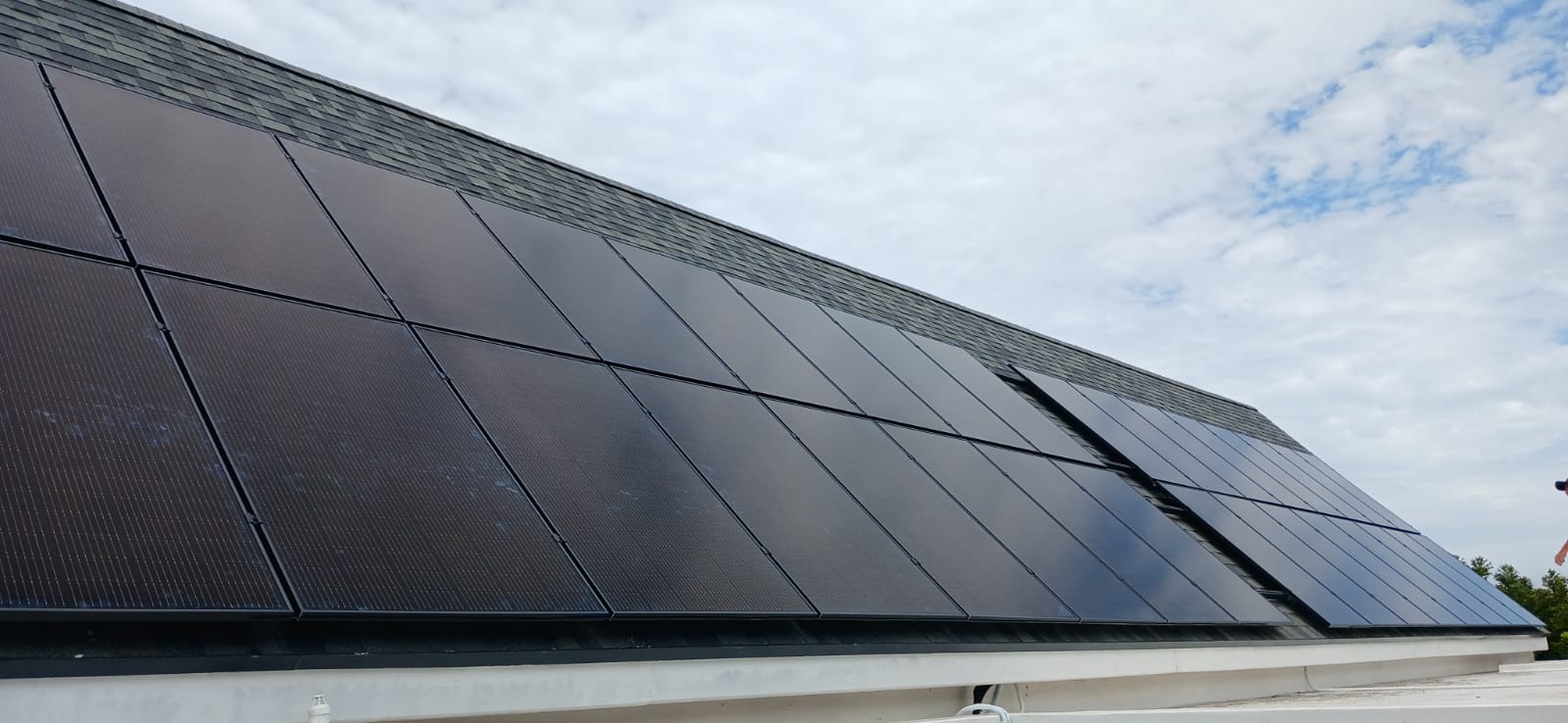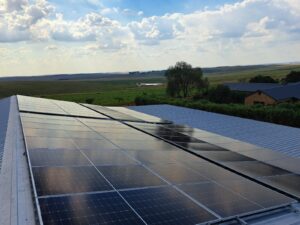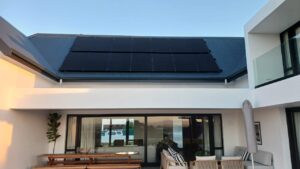When it comes to choosing a backup power solution, many homeowners and businesses are torn between solar energy systems and traditional generators. Both options offer reliable power during outages, but which one is the better choice? Let’s break down the key differences between solar energy and generators in terms of cost, environmental impact, and reliability to help you make an informed decision.
1. Cost: Upfront vs. Long-Term Savings
Generators generally have a lower upfront cost than solar energy systems. A small backup generator can be relatively affordable to install, making it an attractive option for those who need a quick and inexpensive solution. However, the cost of running a generator adds up quickly due to fuel expenses. Generators typically run on gasoline, diesel, or propane, all of which fluctuate in price and can become costly over time.
Solar energy systems, on the other hand, require a higher initial investment. The good news is that solar offers significant long-term savings. After the upfront costs of panels, inverters, and battery storage, solar energy is essentially free. Government incentives, rebates, and tax credits can also help offset the cost, making solar more affordable in the long run. Plus, solar systems have minimal maintenance expenses compared to generators.
2. Environmental Impact: Green vs. Polluting
When it comes to environmental impact, solar energy is the clear winner. Solar panels harness energy from the sun, producing clean, renewable power without emitting harmful pollutants or greenhouse gases. Solar energy is sustainable and reduces your carbon footprint, making it the most eco-friendly choice.
In contrast, generators burn fossil fuels like gasoline or diesel, contributing to air pollution and carbon emissions. Prolonged use of generators increases your environmental impact, and they are noisier than solar systems. If reducing your environmental footprint is a priority, investing in solar power is the way to go.
3. Reliability: Consistent Power for Every Need
Generators are known for their immediate power supply. They can kick in quickly during an outage and provide a consistent source of electricity, regardless of the weather. However, generators are dependent on fuel, meaning you could be left in the dark if your fuel supply runs out or if fuel becomes hard to find during emergencies.
Solar energy is equally reliable when paired with a battery backup system. While solar panels alone only produce power during daylight hours, modern battery storage can store excess energy produced during the day for use at night or during outages. Though solar is weather-dependent, a well-designed system can meet your power needs consistently, especially in sunny regions like Jeffreys Bay, where Gogreen Industries is based.
Which Option is Best for You?
If you’re looking for a backup power solution with long-term cost savings, a minimal environmental impact, and reliable performance, solar energy is the better option. While generators can be cheaper upfront and offer quick, fuel-based power, their ongoing fuel costs, environmental drawbacks, and potential for outages due to fuel shortages make them a less sustainable choice. At Gogreen Industries, we specialize in helping our clients transition to solar power, providing clean, renewable energy solutions for homes and businesses in Jeffreys Bay and beyond. Contact us today to find out how solar can power your future.




